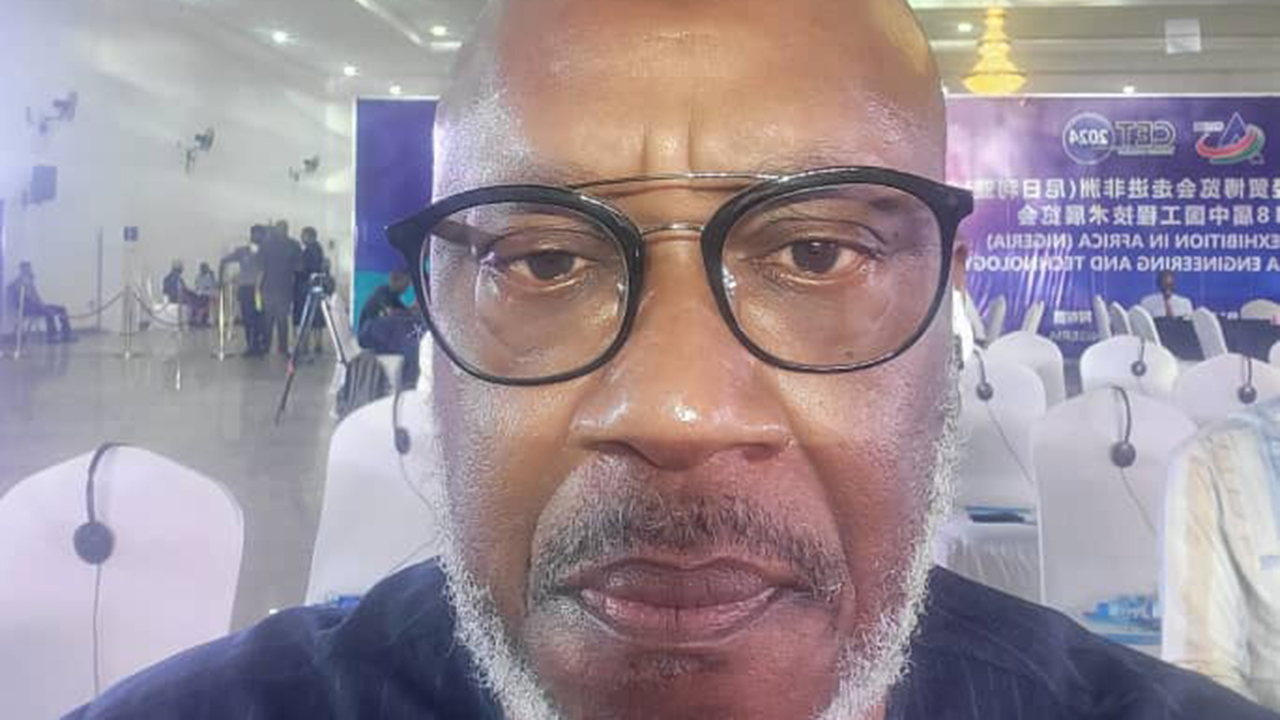
Luqman Mamudu is the Managing Partner, Transtech Industrial Consulting and former director of policy and strategic planning at the National Automotive Design and Development Council (NADDC). In this interview with BENJAMIN ALADE, he shares insights into the automotive industry and its 2025 outlook.
Can you share your thoughts on the industry in 2024 and expectations for 2025?
The Nigeria 10-year National Automotive Industry Development Programme (NAIDP) launched in 2014 has faced significant challenges. Despite some progress, capacity utilisation remains stunted at less than four per cent. However, I expect some traction this year, considering government initiatives, technological disruptions and global trade patterns.
The programme successfully resurrected the sector from less than five per cent capacity in the mid-70s and early 80s installed and operating capacity of about 120,000 units per annum to 480,000.
Unfortunately, utilisation capacity has remained stunted over the years at less than four per cent to date because the critical aspects of the programme I earlier highlighted were not reasonably attended to.
There was not much change in 2023 and 2024 but I expect some traction in 2025 considering certain actions taken by the government, the trajectory of technology disruptions and changes in trade patterns globally.
Can you elaborate on why capacity utilisation is stalled?
The NAIDP 2014-2024 saw the revitalisation of old plants and the establishment of investment pipelines by global original equipment manufacturers (OEMs) in Nigeria. These included Nissan, Hyundai, Kia, Honda, Mitsubishi, Renault, Ford, MAN Trucks, Sinotruck, SHACKMAN, Tata, Foton, Yutong buses and local brands like Innoson Motors Manufacturing (IVM), Jetvan and IPI. As impressive as this list is and the nearly half a million installed capacity from a recorded $2.2 billion investment, only about four per cent capacity utilisation was recorded at peak utilisation in 2017 from the data I collected. I believe there will be no significant change upward. This investment opportunity remains on the ground over the years, but we are not nurturing it. Gaps in policy implementation, administrative bottlenecks, foreign exchange constraints and unabated used vehicle imports have hindered growth.
How can the investment pipeline be nurtured?
By addressing policy gaps, reversing key policy provisions, eliminating administrative bottlenecks and providing low-cost automotive asset acquisition funds. In 2023 and 2024 as in previous years, used vehicle imports have dominated Nigeria’s automotive market. This has limited the size of the locally-used vehicle market and their manufacturing capacity. I doubt that any country aspiring to establish and grow the local automotive industry can succeed under these circumstances.
What opportunities do you see in the industry?
The present administration seems desirous of growing demand for locally-assembled vehicles. The NADDC’s recent allocation of N20 billion for automotive asset acquisition is a welcome development. I expect the government to continue to support efforts aimed at alleviating transportation costs.
This fund was provided for in the NADDC Act as a resource for this purpose. It is meant to be a critical driver of and a game changer under NAIDP 2014-2024. I hope the new NAIDP will be adopted by the government this year.
What are your thoughts on electric vehicles (EV) as an alternative transport option?
EV adoption is a better option, in my opinion. I suggest that existing and potential assembly plants adopt EV programmes in their operations. The government should also implement a policy infrastructure programme to support e-mobility.
CNG will certainly make a meaningful impact and may play a significant role in Nigeria’s automotive industry development this year, but EV adoption is a better option in my opinion. I suggest that alongside the CNG project, existing and potential assembly plants should be encouraged to include EV programmes in their operations to transform the industry with a meaningful impact.
The e-mobility technology offers more opportunities to grow local content by its very nature. The technology is gaining rapid global adoption and is far easier to replicate and develop in Nigeria. The parts can be counted off the finger compared to the thousands of parts in internal combustion engine (ICE) systems through the right policy and partnership, a robust battery manufacturing hub can be established in Nigeria in the free trade zones.
Battery is at the core of e-mobility. There are ongoing or imminent tariff face-offs amongst the big EV manufacturers and they may be looking for alternative markets. Why not Nigeria?
This year, I expect consumer credit to become abundant through government seed funding efforts. Other credit resources will gradually join, lowering costs for vehicle financing. The foundation of e-mobility may also be established, supporting efforts to alleviate transportation costs.






